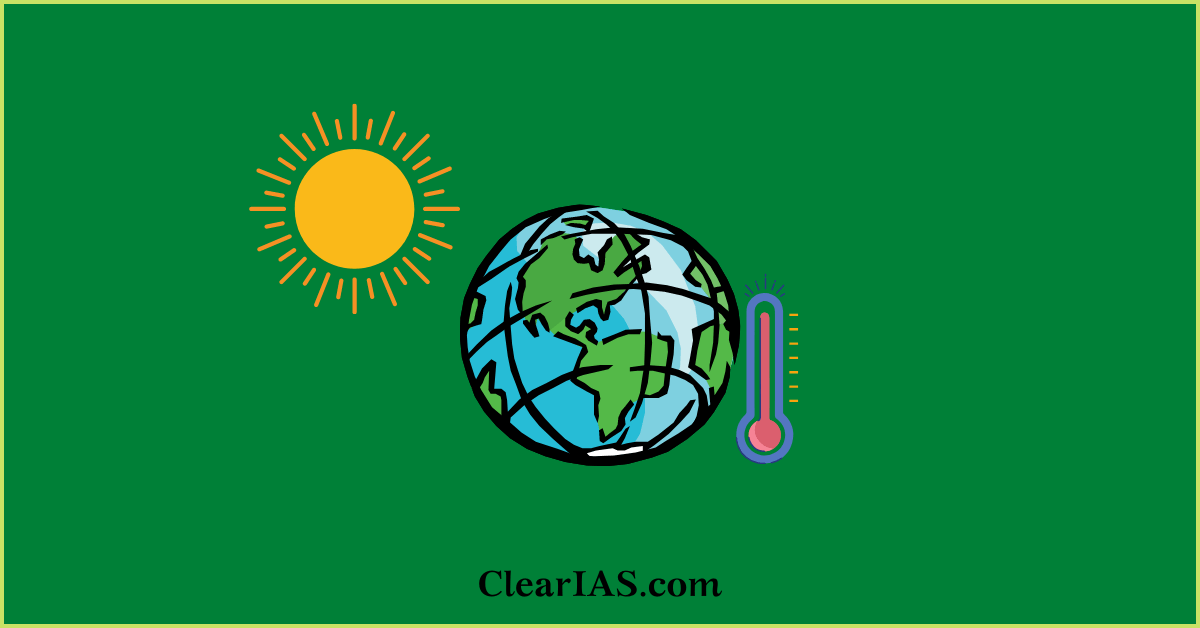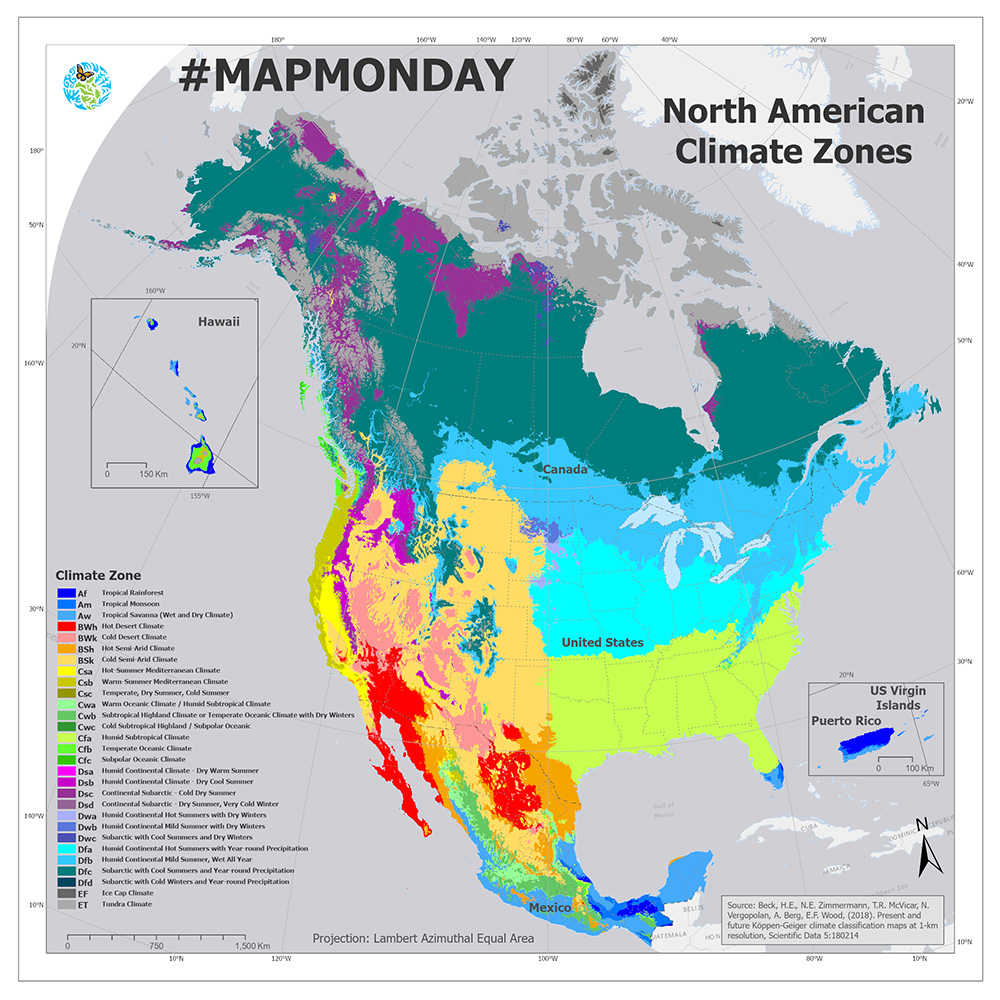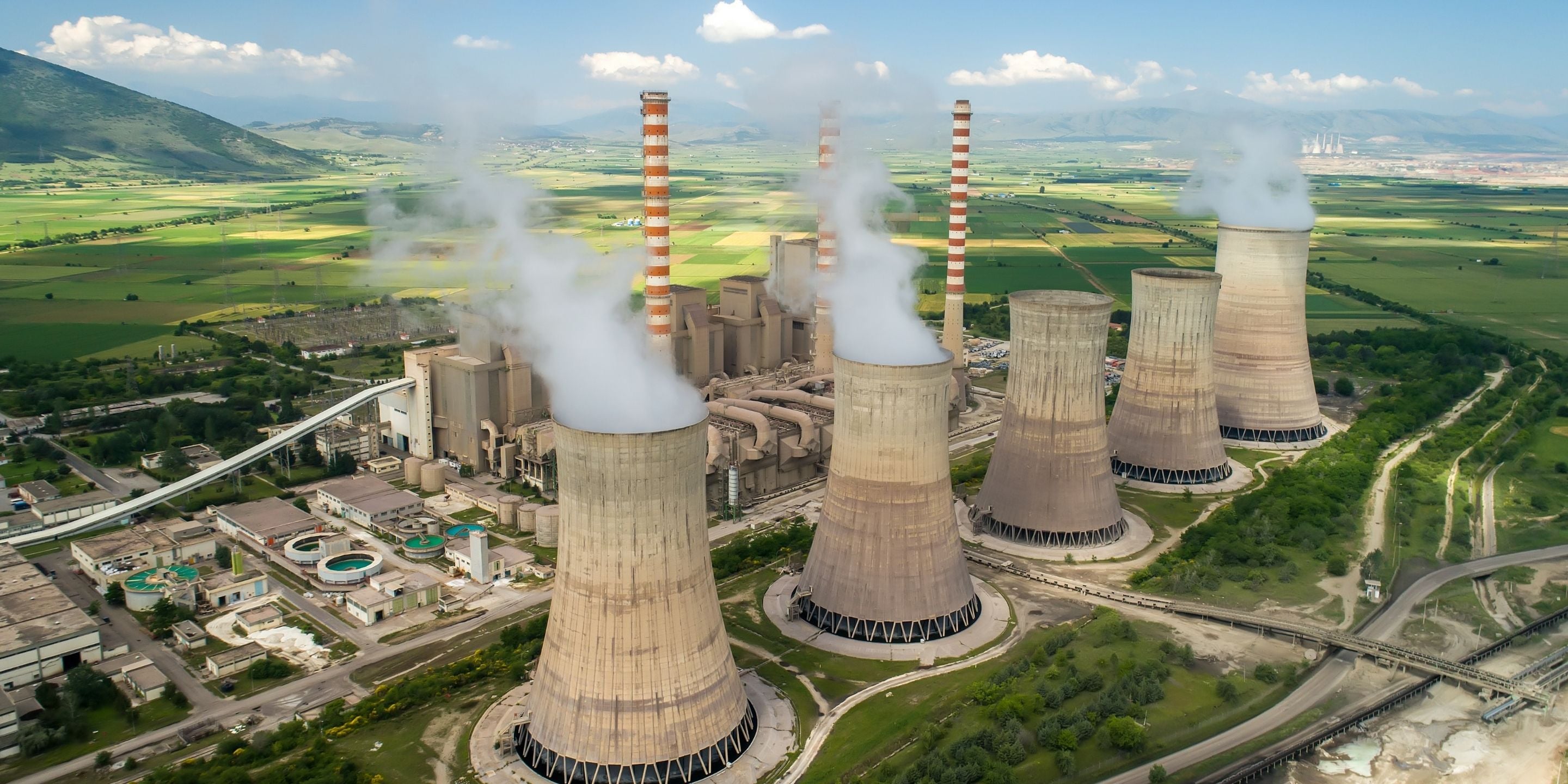
Tuvalu, an island nation in the South Pacific is located. This small nation of islands was once home to Polynesians. The islands were home to migrants from the South Pacific during the 14th and 17th centuries. Tuvaluans were a scattered people, and their population was about 3,000 at the time of European contact. Most residents were descendants of immigrants.
In the 18th century, Europeans began to explore the area. Clvaro de Mendaa de Neyra, a Spanish navigator, made the first European trip to Tuvalu. After the discovery, Europeans began to forcibly recruit plantation workers for the islands. Many of the people were taken and forced to work on plantations. Others fled to the larger Gilbert Islands.

Tuvalu was a British protectorate until 1978, when it became independent. Today, the majority of its population is ethnic Tuvaluans. The city also has significant numbers of residents of other Pacific countries. Tuvaluans are often married to people of other Pacific ethnicities.
Tuvalu's economic priority is to develop the economy without any foreign assistance. As a result, the government employs almost 20 percent of the workforce. Tuvalu's economy may be small, but the country has never faced a strike or an economic crisis.
Tuvalu is part of the UN, UPU, and ACP Group. Tuvalu is also a member UNESCO and IMO, FAO, UNIDO and the Asian Development Bank. The government actively participates in global efforts against global warming and pollution. Tuvalu has been pushing industrialized countries towards ratifying the Kyoto Protocol.
Tuvalu's economy consists of fishing, agriculture and subsistence farming. Copra is the only major cash crop. Because of the poor soil, arable land is scarce. However, some farmers are able sell some of the produce they grow, and some can be exported. Around 25 percent of the GDP comes from agricultural products.

The Tuvalu government has implemented many reforms since 1986. Population has grown. The United Nations reports that Tuvalu's population was 10,000 in 2005. This number will rise to approximately 14,000 by 2020. About 6,000 Tuvaluans have reached 65 years or older.
Tuvalu's government doesn't have any formal political parties. Instead, the local parliament consists of 12 members, who generally align into factions. The Tuvaluan constitution permits separation of state and church, as opposed to most Polynesian political systems. The government must also register religious organizations.
Tuvalu Amateur Athletic Association, Boy Scouts, Girl Guides and Girl Scouts are three of the most important organizations in Tuvalu. Other youth organizations include the Tuvalu Youth Fellowship, the Pathfinders, and the Tuvalu Youth Fellowship. Secondary school graduates may be eligible to study at tertiary colleges abroad.
While the Tuvaluan government has no authority to silence or censor media, they do have some restrictions regarding speech. Although the media is protected under law, there are no commercial newspapers or television networks. The Tuvalu Broadcasting Service broadcasts local news in Tuvaluan. The Office of the Prime Minister as well as the Department of Telecommunications offer internet access.
FAQ
What is the climate change's impact on ecosystems and biodiversity?
Climate change can have a variety of impacts on biodiversity, ecosystems, and the environment. The most pressing issues facing wildlife and ecosystems are rising temperatures, extreme weather events, sea level rise, and increased acidity.
Changes to climate conditions can have drastic consequences for biodiversity and the functioning ecosystems. Hydrological changes can also impact water availability for aquatic species.
Climate changes can lead to higher temperatures and more frequent extremes (such as droughts) which put more stress on already fragile systems, like coral reefs or tropical forests. It is estimated that up to 30% of animal species could become extinct due to climate change by 2050, which would spark a cascade of further losses within ecological communities.
Climate change poses a grave threat to biodiversity, but also to human societies that are dependent on functioning ecosystems to provide food, fresh water and timber. To mitigate its effect efforts must be made at all levels to reduce global warming trends and future damages should be avoided where possible with careful management practices.
What is the role of individuals and communities in addressing climate change?
Climate change is a major contemporary challenge. It is an issue that affects everyone and requires our collective attention, as well as individual action, for us to make a difference.
Individuals have an essential role to play in addressing climate changes and reducing their effects. Your everyday behaviors could include reducing waste, conscious eating, changing your lifestyle, such as becoming vegetarian, choosing sustainable clothing and decor, and using public transport more frequently. They can also participate in political advocacy and help promote sustainable initiatives in their local communities.
It is important that communities are involved in the larger climate change effort. They can also implement policies to reduce emissions, such as promoting electric and bicycle transportation, encouraging the use of efficient infrastructure, reducing deforestation, and encouraging waste management systems. This mission requires collaboration between communities in different cities and countries.
Furthermore, it is important to start education in the early stages and continue learning throughout your life. This will allow individuals to be more aware and connected to other societies, even if they are not located near us.
Employers have a significant responsibility in combating climate change. Introducing corporate practices that are focused on sustainability and choosing green alternatives whenever feasible will undoubtedly result in positive economic and sociological outcomes.
Individual actions, community policies and business transformation can all be a part of creating solutions to global warming. Together they will help humanity avoid the longer term negative effects of climate change.
What role do greenhouse gases play in climate change?
Greenhouse gases play a major role in climate change. They act like an invisible blanket around the Earth, trapping infrared radiation and warming the atmosphere. Without them, the Earth would be much colder today than it is today.
These greenhouse gases are created by human activity such as burning fossil fuels. As these activities continue to increase, more heat gets trapped in the atmosphere, leading to rising temperatures and extreme weather events.
Carbon dioxide (CO2) is the most common greenhouse gas. It is produced when fossil fuels like coal, oil and gas are burned. Important contributors are also methane and nitrousoxide (N2O), as well fluorinated gases (Fgases).
Since preindustrial times, the concentration of greenhouse gases has risen significantly due to human activity. This has led both to global warming and an increase worldwide in temperatures, as well as increased ocean levels. It is also leading to changes such as intense storms and droughts; melting glaciers; and rising seas.
To reduce further damage caused by climate change, human beings need to decrease their greenhouse gas emissions. We can do this by shifting away from fossil fuels in favor of renewable energy sources like solar and wind power. There are also ways to reduce CO2 emissions, such as by planting trees and using agricultural techniques that absorb more of the gas. These actions will reduce the atmospheric concentrations and improve the environment for all living things on Earth.
What does climate change politics have to do with global efforts to combat it?
Climate change has become a highly politicized topic that has caused great divisions among governments, nations, and individuals. The political positions of various actors have an effect on the implementation and effectiveness of measures to combat climate change. It is becoming difficult to reach consensus on global efforts for addressing this urgent environmental crisis.
The overwhelming majority of scientists agree with the fact that human-generated global warming is real. It is urgent for action to address it. These issues are often subject to political interference that can hamper global cooperation in order to implement sustainable energy practices, preserve natural habitats, find viable technological solutions and other interventions related to climate change.
Many governments in the world want to protect their economic interests, and enforce measures that limit business activities. This often conflicts with the regulations that experts recommend to address climate change efficiently. Without strong commitments by all countries involved and large-scale international action it is difficult for any state or group to adequately address climate changes through legislation.
It is difficult to reach a consensus about how to address climate change because of differences in power dynamics between countries. The countries with greater economic power tend to nominate their own representatives to represent them in international bodies that are responsible for the environment. This can lead to biased discussions between the perceived interests of the country and the collective interest of all parties. In addition, potential side effects from implementing radical changes such as geoengineering have been debated heavily at both national and international levels.
The grassroots movements also have struggled against powerful enemies, such as corporate ownerships and well funded lobbyists who want to maintain politically favorable positions in their industries. This includes funding research into alternative forms energy production and enforcing renewable technology mandates. It is important that individual governments are clear about the possible rewards and outcomes if they intend to actively pursue valid progress on this matter and not seek public favor through short-term gains and spectacles.
To mitigate the current environmental crisis, it will be crucial that resources are properly distributed and political divisions between countries are not overlooked.
Statistics
- The 10 countries with the largest emissions contribute 68 percent. (un.org)
- The 100 least-emitting countries generate 3 per cent of total emissions. (un.org)
- features Earth's average surface temperature in 2022 tied with 2015 as the fifth warmest on record, according to an analysis by NASA. (climate.nasa.gov)
- This source accounts for about 10% of all the water that enters this highly productive farmland, including rivers and rain. (climate.nasa.gov)
- According to the 2014 report on Climate Change Impacts, Adaptation, and Vulnerability (page 8) from the United Nations Intergovernmental Panel on Climate Change, governments at various levels are also getting better at adaptation. (climate.nasa.gov)
External Links
How To
How to make your home more energy-efficient and combat climate change
You can make your home more efficient and reduce your carbon footprint. It will also save you money on your utility bills.
Start by ensuring your home is properly insulated and sealed. Check that windows and doors are properly fitted. Add weather stripping to any drafts and seal any gaps between the window frames and door frames.
Insulate your floors, ceilings, & walls for maximum energy efficiency. Make sure to inspect the attic and any other areas in your home for air leaks.
Lighting accounts for up to 18% of total household electricity usage so make sure you switch to LED light bulbs which use up to 80% less electricity than traditional incandescent ones! You can also save money by installing motion sensors and timers to turn off lights when they are not needed.
The cost of replacing an old furnace or boiler can be reduced dramatically by using newer models that are more efficient. Get a programmable thermostat to adjust the temperature depending on whether people are at home or not.
Double-glazing windows can be replaced with better insulation. They also prevent heat from escaping through the glass. Low-flow showerheads reduce water consumption and maintain adequate pressure.
Replace appliances with ENERGY STAR rated products since they use up to 50 % less power than non-certified models. Make sure to take care of the little details, such as unplugging TV boxes and phone chargers when not in use. This could help save you significant energy.
Overall, these few steps can significantly lower your impact on climate change, decrease monthly electricity costs, making living at home much more efficient!